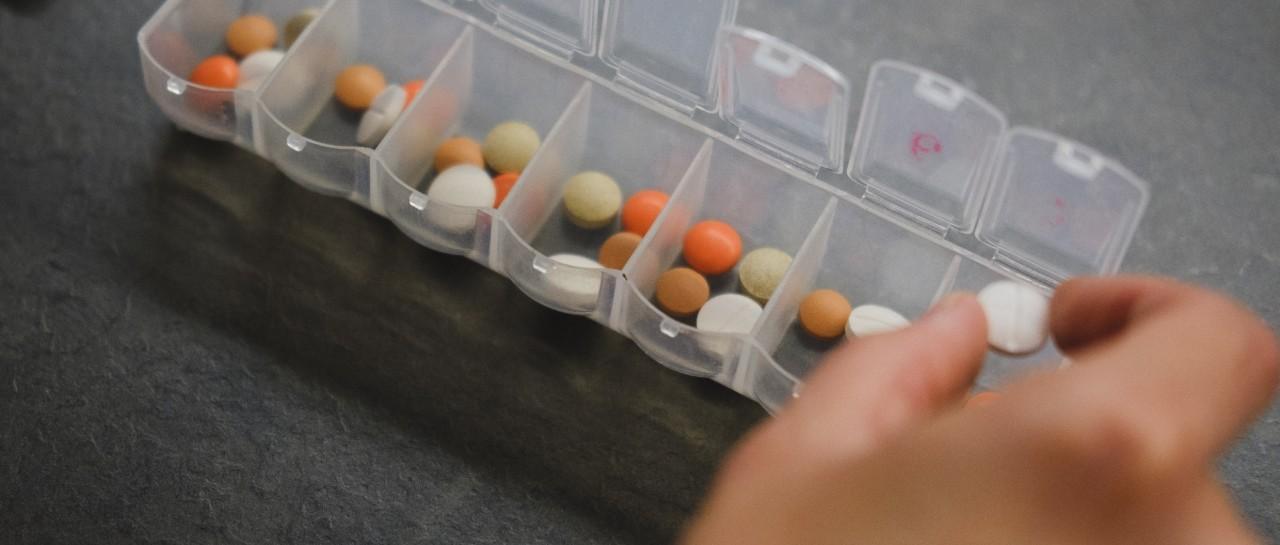
Why you need to check your cholesterol
Peer reviewed by Dr Colin Tidy, MRCGPLast updated by Dr Sarah Jarvis MBE, FRCGPLast updated 3 Aug 2020
Meets Patient’s editorial guidelines
- DownloadDownload
- Share
- Language
- Discussion
We hear a lot about the dangers of high cholesterol, but unless you have a blood test, you have no idea you've got it - unless you have a heart attack or stroke, by which time it's too late. Even if you do have a blood test, the results can be confusing - so how do you know what your blood tests mean and what you should do about them?
In this article:
Although we all think of cholesterol as a 'bad thing', our bodies couldn’t function without it. We need cholesterol - it helps form part of the walls of all the cells in our bodies, and we couldn’t survive if we didn't have any. But most of us have far too much in our bloodstream. That means the excess builds up on the inside of our arteries as plaques, furring up the walls and reducing blood flow.
Sometimes one of these plaques ruptures, and blood clots around it inside the artery, blocking it completely. If that artery supplies blood to your heart, the result is a heart attack - if it's in your brain, a stroke is the outcome. And while raised cholesterol isn't the only risk factor, it plays a major role.
Continue reading below
Know your levels
So knowing your cholesterol is crucial if you want to cut your risk of one of these devastating conditions. Until recently, everyone aged 40-75 has been entitled to a free health check on the NHS every five years, but that's changing - apparently the new-style checks will target certain populations. But your GP or practice nurse will be happy to advise if you need a test, and to carry it out if you do. You can also book a cholesterol test with your pharmacist through Patient Access - they can tell you whether you need to see your GP for treatment.
Your cholesterol result comes in different parts - the ideal results will depend on a variety of other factors in your medical history. However, as a general rule of thumb, your total cholesterol (which should be under 5 for most people); your 'bad' LDL cholesterol (ideally under 3) and 'good' HDL (which should be over 1 - the higher the better). If you have diabetes or have had a heart attack or stroke, your doctor will want to aim for lower levels.
If you haven't had a heart attack or stroke, these results will help determine your risk of heart attack or stroke over the next 10 years. If it's over 10%, your GP will offer daily statin tablets. Most of the anxiety over statin side effects has proved not to be true, and most people have few or no side effects. They won't make you feel better in the short term, but they can cut your risk of heart attack dramatically.
And losing weight if you're overweight can significantly lower your cholesterol as well as your blood pressure and type 2 diabetes risk. Sugar doesn’t specifically raise your cholesterol, but it does make you prone to weight gain, which raises it.
Could it run in the family?
FH (familial hypercholesterolaemia) affects about 1 in 250 people in the UK. It's different to 'traditional' raised cholesterol, which affects about half the adult population, because it runs in families. You inherit a defective gene which stops you from being able to process cholesterol properly. That in turn means fatty plaques build up on the inside of your arteries at a much earlier age than usual. People with FH are therefore at much higher risk of heart attack, and often have heart attacks in their 40s and 50s, even if they lead really healthy lives. If you inherit a copy of the faulty gene from both parents, heart attacks happen even earlier without treatment.
NICE (the National Institute for Health and Care Excellence) published new guidance a year or two ago. As a result, people with suspected or definite FH should be referred to a specialist clinic so they can have a formal diagnosis (with gene testing) and so that family members can be checked. If you've inherited the gene, you'll need counselling as early as possible and should start statin treatment in your late teens or 20s as a rule.
The good news is that treatment with medicine can dramatically reduce your risk and even bring your risk down to normal - but you need to be diagnosed and treated. That's where the problem lies - it's thought about 90% of people in the UK aren't diagnosed. So if close relatives (parents, siblings, children) have had a heart attack under 60, tell your GP. If they have high cholesterol, find out how high - if their total cholesterol was over 7.5 mmol/L or their 'bad' LDL over 4.9, tell your GP.
With thanks to My Weekly magazine, where this article was originally published.
Patient picks for High cholesterol

Heart health and blood vessels
Stopping statins after 75 increases heart attack risk
Stopping statins after the age of 75 increases the risk of a heart attack by almost half, research has suggested.
by Ashwin Bhandari

Heart health and blood vessels
How can I avoid statin side effects?
All drugs can cause side effects for some people, and statins taken to lower cholesterol are no exception. Dr Sarah Jarvis outlines the common short term side effects, what your doctor can do to help, and the serious side effects to be aware of.
by Victoria Raw
Continue reading below
Article history
The information on this page is peer reviewed by qualified clinicians.
3 Aug 2020 | Latest version
3 Aug 2020 | Originally published

Ask, share, connect.
Browse discussions, ask questions, and share experiences across hundreds of health topics.

Feeling unwell?
Assess your symptoms online for free
Sign up to the Patient newsletter
Your weekly dose of clear, trustworthy health advice - written to help you feel informed, confident and in control.
By subscribing you accept our Privacy Policy. You can unsubscribe at any time. We never sell your data.